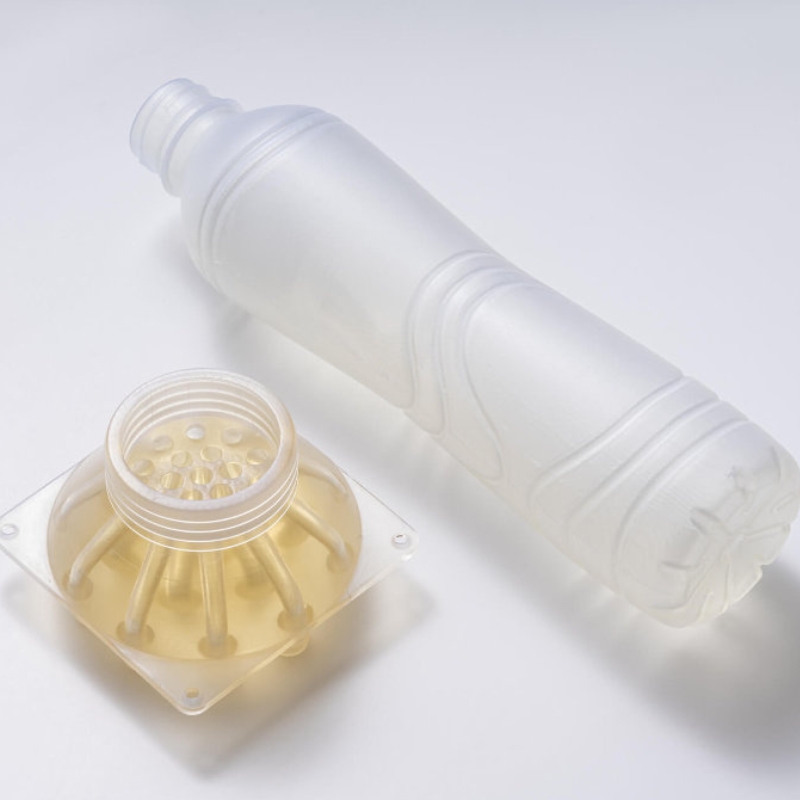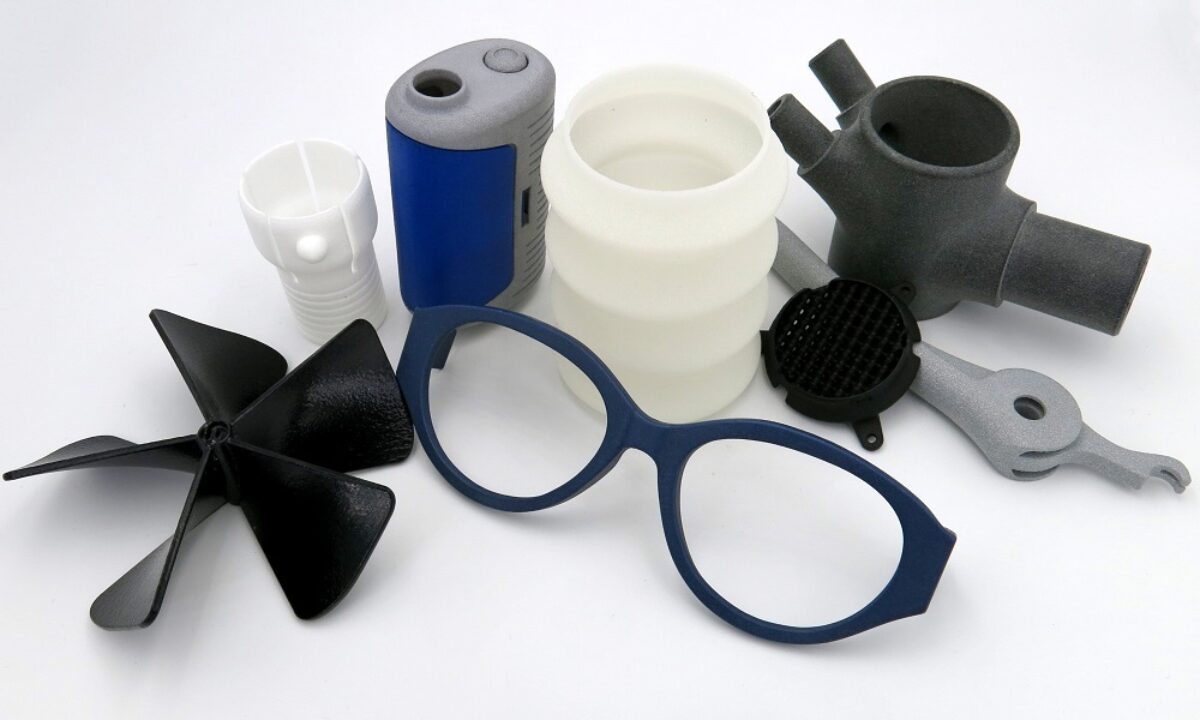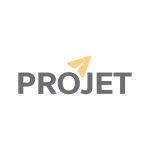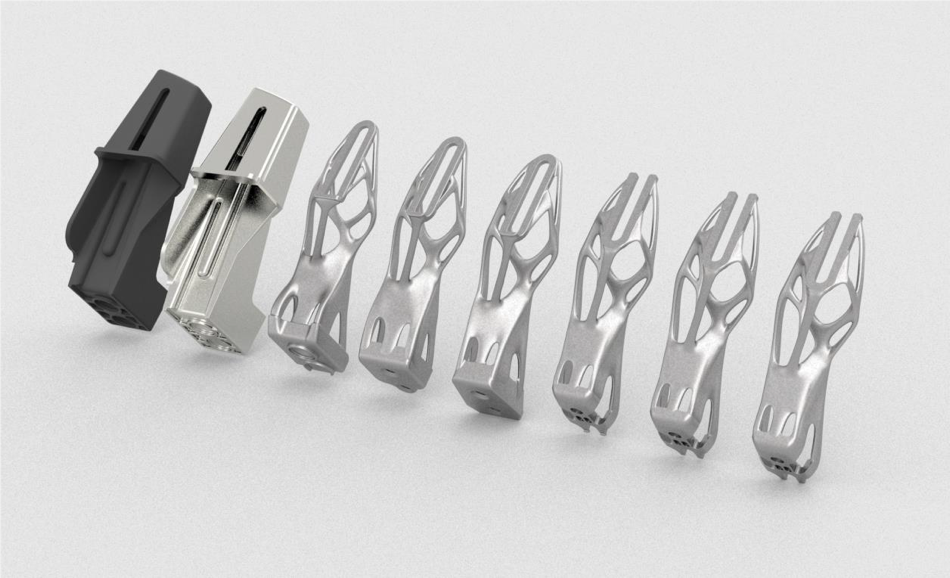A 3D prototype is created using 3D modeling software. This process enables you to easily bring your designs to life, regardless of their complexity. It also provides flexibility to develop prototypes from scratch and make adjustments to your 3D model at any stage of production.
Additionally, 3D printing with advanced plastics offers a faster and more cost-effective method for producing prototypes, especially for parts that will ultimately be manufactured with metal.

Functional prototype:
These prototypes are utilized for functional testing, assessing aspects like fit, assembly, ease of use, and ergonomics. They often feature moving parts to ensure the product functions as intended prior to production.
Benefits of Functional Prototypes
Functional prototypes offer several benefits beyond providing a realistic sense of the final product:
- Test Functionality: Functional prototypes can test whether a product performs its intended function as expected.
- Identify Design Flaws: Detecting issues early reduces costs associated with redesigning and retooling later in the development process.
- Reduce Time to Market: Testing functional prototypes help identify and fix issues early, speeding up the product development process.

Cosmetic prototype
These prototypes are utilized for functional testing, assessing aspects like fit, assembly, ease of use, and ergonomics. They often feature moving parts to ensure the product functions as intended prior to production.
Benefits of Cosmetic Prototype
Visual Representation: Cosmetic prototypes visually represent the product’s appearance, showcasing its size, shape, color, and texture. This aids designers, marketers, and investors in envisioning the final product’s look and feel.
Design Evaluation: Involves assessing aesthetic elements like branding, surface finishes, and overall styling. This ensures alignment with brand identity and meets consumer expectations for aesthetics.
Reducing time and cost: Early creation of cosmetic prototypes helps identify and address design flaws and aesthetic issues, cutting down on the need for expensive revisions or redesigns later in the process, thus saving time and money in product development.

Appearance prototype
This prototype is intended for showcasing to potential customers, providing them with a visual representation of how the final product will appear.
Benefits of Appearance prototype
User Experience Assessment: Appearance prototypes allow for preliminary user testing to assess how individuals interact with and perceive the product based on its visual appearance. Insights gained from user testing can inform design decisions aimed at enhancing the user experience and usability of the final product.
Risk Mitigation: By creating appearance prototypes early in the design process, potential aesthetic issues or design flaws can be identified and addressed before mass production. This helps mitigate risks associated with costly revisions, delays, and market rejection, ultimately saving time and resources.
- Visual Representation: Appearance prototypes accurately depict the final product’s appearance, including its shape, color, texture, and overall aesthetics. This allows stakeholders to visualize the product pre-production, aiding in informed decisions about design and branding.

Pre-production Sample Prototype
This is simply a drawing of the finished product. After a prototype is made, a sample is ordered from the factory to verify the designs and ensure that everything works correctly.
Benefits of Pre-production Sample Prototype
Quality Assurance: They enable thorough testing of the product’s design, functionality, and manufacturing processes, ensuring quality standards are met before full-scale production.
Error Identification: Pre-production sample prototypes help identify any design flaws, manufacturing errors, or performance issues early in the production process, allowing for timely adjustments and improvements.
Cost Savings: By detecting and addressing potential issues before mass production, pre-production sample prototypes help minimize the risk of costly mistakes, rework, and product recalls.

Fit, Form and Function Prototype
Form, fit and function prototypes validate a design by providing the opportunity to physically examine specific parts and features, test functionality or test the fit of a part against other components, such as electronics, in the same assembly.
Benefits of Fit, Form and Function Prototype
Verification of Design Intent: These prototypes ensure that the product’s design matches the intended specifications in terms of fit, form, and functionality, allowing for validation before mass production.
Early Issue Detection: By testing fit, form, and function prototypes, any discrepancies or flaws in the design can be identified and addressed early in the development process, reducing the likelihood of costly revisions later on.
Summary
Projet considers 3D printing service as a key factor to the success of fast adoption of AM in manufacturing, We offer a range of capabilities, including 3D printing technologies such as FDM, SLA, and SLS, along with various solutions like rapid prototyping, mechanical design, and reverse engineering. We eagerly anticipate the opportunity to support your company in its processes.
Connect with Projet:
If you’ve had a positive experience with Projet that you’d like to share, please reach out to us at [email protected]. We eagerly anticipate hearing from you.
For additional information, visit our website for comprehensive details about our services and contact information. Our friendly team is ready to assist you at any time.



































